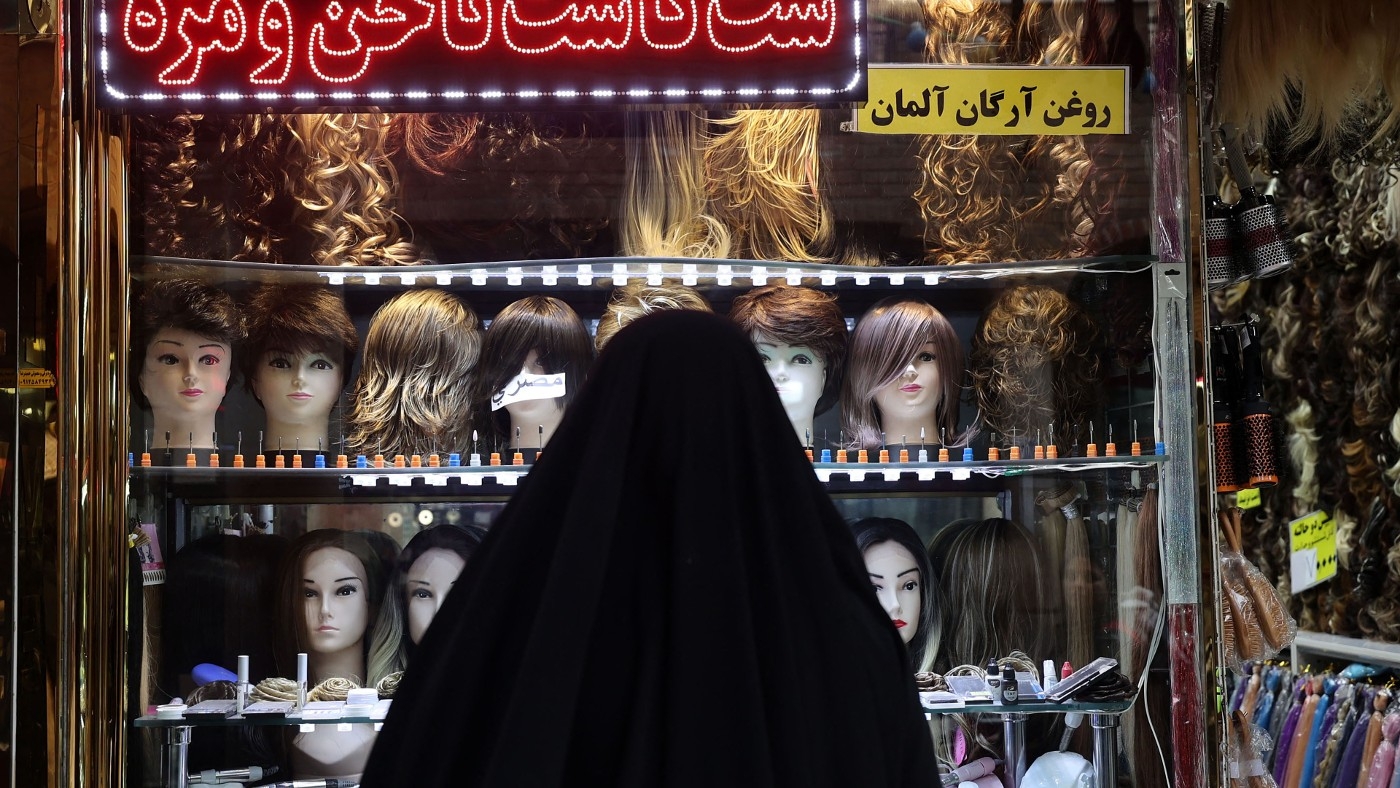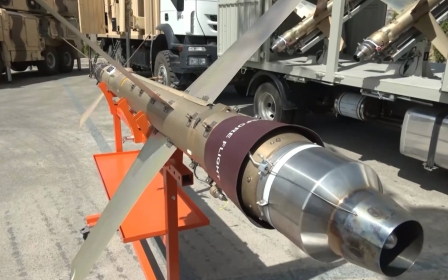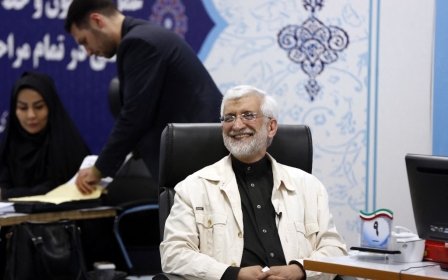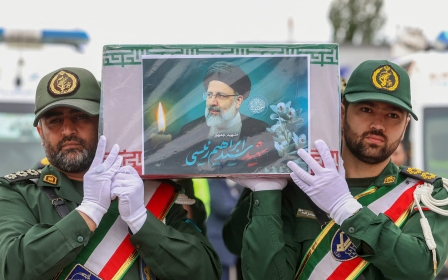Iranian press review: Voters prioritise end to sanctions

New president should prioritise sanctions removal
The removal of international sanctions on Iran should be the priority for the country’s next president, according to the readers of the economics daily Donyae Eqtesad.
According to a survey of over 2,000 Iranians conducted by the publication, 54 percent of participants said lifting sanctions was the most important task facing the incoming president.
Curbing inflation ranked second with 30 percent of the votes.
Since 2012, Iran has faced several rounds of international sanctions aimed at halting its nuclear and ballistic missile programmes.
New MEE newsletter: Jerusalem Dispatch
Sign up to get the latest insights and analysis on Israel-Palestine, alongside Turkey Unpacked and other MEE newsletters
Explaining the survey results, the daily wrote: “The economic sanctions imposed on Iran, especially by the United States and Europe, have had a wide and deep impact on the country's society and economy.”
Despite the sanctions' huge impact on Iran’s economy, the establishment has consistently attempted to downplay their influence, claiming they have minimal impact on the country and its development.
“A look at the public's demands for the next government leader reveals that, despite some policymakers downplaying the impact of sanctions on Iran's economy, this issue remains a major concern for the people. Consequently, they are likely to vote for a candidate who promises to address this goal,” Donyae Eqtesad said.
Presidential candidates disqualified
The disqualification of two heavyweight reformist and moderate politicians, who both registered for the upcoming presidential election, has renewed criticisms over the country’s electoral system, which only allows figures preferred by the close circle of the Islamic Revolutionary Guard Corps (IRGC) and the Supreme Leader to enter the race.
Eshaq Jahangiri, former reformist vice president, and Ali Larijani, former parliament speaker close to the camp of centre-right-wingers, were both rejected by the powerful Guardian Council.
However, experts suggested that the two politicians’ reactions showed they were expecting the council’s decision.
Jahangiri, who was also disqualified in the previous presidential elections, responded on social media: “Our deal is not to get tired of having hope for Iran.”
“I hoped that with your help we could answer the needs for Iran's national development. However, the honourable Guardian Council created an opaque mechanism that hinders the path of such cooperation,” Larijani said in a statement.
Meanwhile, pro-reformist outlets suggested the establishment would rather have a low turnout at the next election as long as its preferred candidate one.
The Saazandegi daily said conservatives did not want Larijani and Jahangiri to enter the race due to their potential to win the elections.
Health ministry’s modest clothing
Iran's health ministry has announced that several models of standard clothes for patients have been designed and produced to comply with the country’s mandatory hijab law, the Javan daily reported.
Majid Mohammadian, head of the hijab secretariat at the ministry, said that these clothes covered 23 types of services in 10 specialised fields, including operating room clothes and underwear.
Mohammadian added that pants for colonoscopy, special clothes for uterine ultrasound, breast ultrasound, mammography, and breastfeeding shirts were among the outfits designed by the ministry.
“This measure was taken in response to patients' requests, particularly from women, regarding the current hijab guidelines. Patients should wear clothing that adheres to these guidelines and is suitable for the type of service,” he was quoted as saying.
The Javan daily, affiliated with the country’s Islamic Revolutionary Guard Corps (IRGC), also quoted unnamed sources expressing their dissatisfaction with the lack of adherence to Islamic hijab in the operating rooms.
According to the report, all private and public health centres in the country are obliged to use the outfits designed by the health ministry.
Iranian press review is a digest of news reports not independently verified by Middle East Eye
Middle East Eye delivers independent and unrivalled coverage and analysis of the Middle East, North Africa and beyond. To learn more about republishing this content and the associated fees, please fill out this form. More about MEE can be found here.




